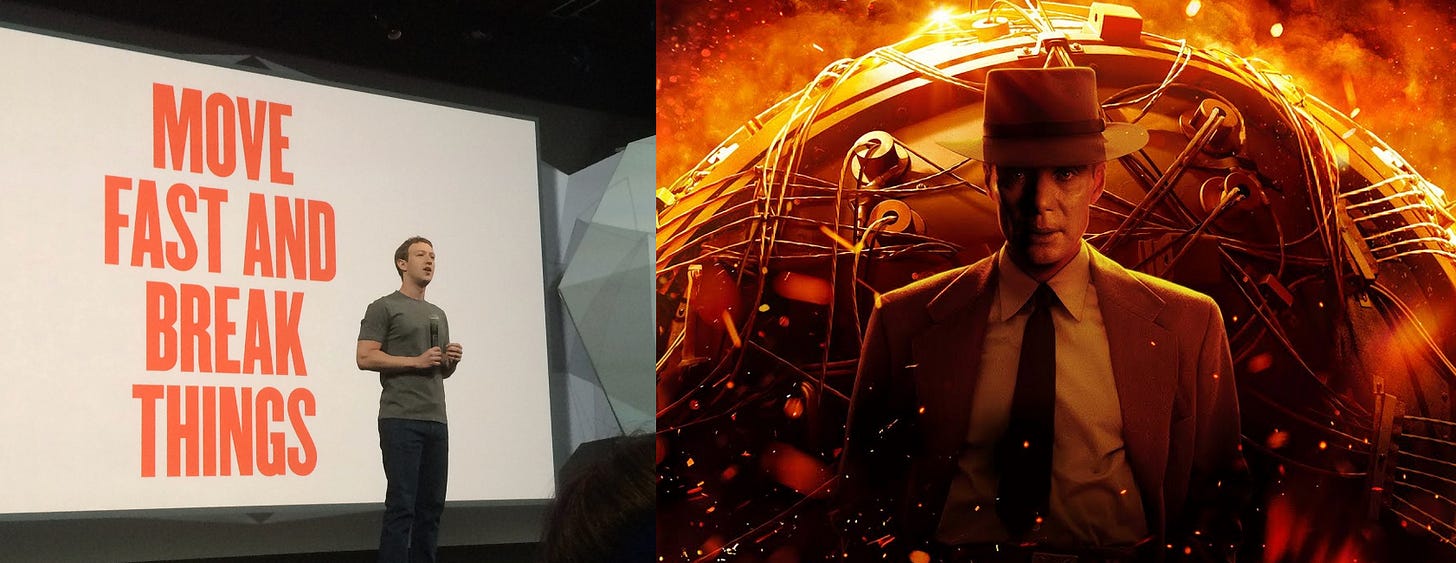I’d rather be an optimist than a cynic
We may not have the answers, but we are starting to ask the right questions
Like several, I have talked about the widening gap between the leading edge of technology innovation and our ability to set standards or create regulations. While Artificial Intelligence is not a new science, its popular use is. This month marks the first anniversary of the launch of ChatGPT, whose popularity and breakneck speed of adoption took many by surprise. While the world still grapples with the impact of Social Media and Web 2.0 - whatch the popular Netflix movie “The Social Dilemma” - generative AI shook the policy world putting into high gear a needed debate about ethical and responsible use of the technology.
We have seen industry and governments come up with voluntary standards, the US government issue guidelines, lawmakers enact regulations, and libertarians issue manifestos in what looks like a policy free for all.
Much skepticism and cynicism are floating around, with some saying that the guidelines, principles, or voluntary commitments are vague on purpose, to allow room to operate and preempt regulation in what would be a classic attempt at regulatory capture. Others criticize governments, policymakers, and lawmakers saying that regulating technology is an exercise in futility since it moves too fast. And, yet, the question as to whether regulating the outcomes is enough and what kind of normative values should be applied by different societies is still open.
It is indeed a complex system of intertwined questions. It is multidisciplinary, requiring a new generation of technologists versed in ethics and lawmakers who understand technology. It calls for the hiring of liberal arts and STEM graduates together to solve these societal problems. It clamors for digital literacy from a young age.
Rather than throwing my hands up in the air in despair, I prefer being an optimist. We may not have the answers, but we are starting to ask the right questions. I feel the role of many of these incomplete guidelines and principles is to make people THINK. We have come a long way from the ethos of “move fast and break things” to a more nuanced debate about the ethical and responsible use of technology.
It is not a coincidence that one of this summer's blockbusters was a movie about the conscience of those creating world-changing technology. We are living our own Oppenheimer moment.





Love the Oppenheimer shout out!